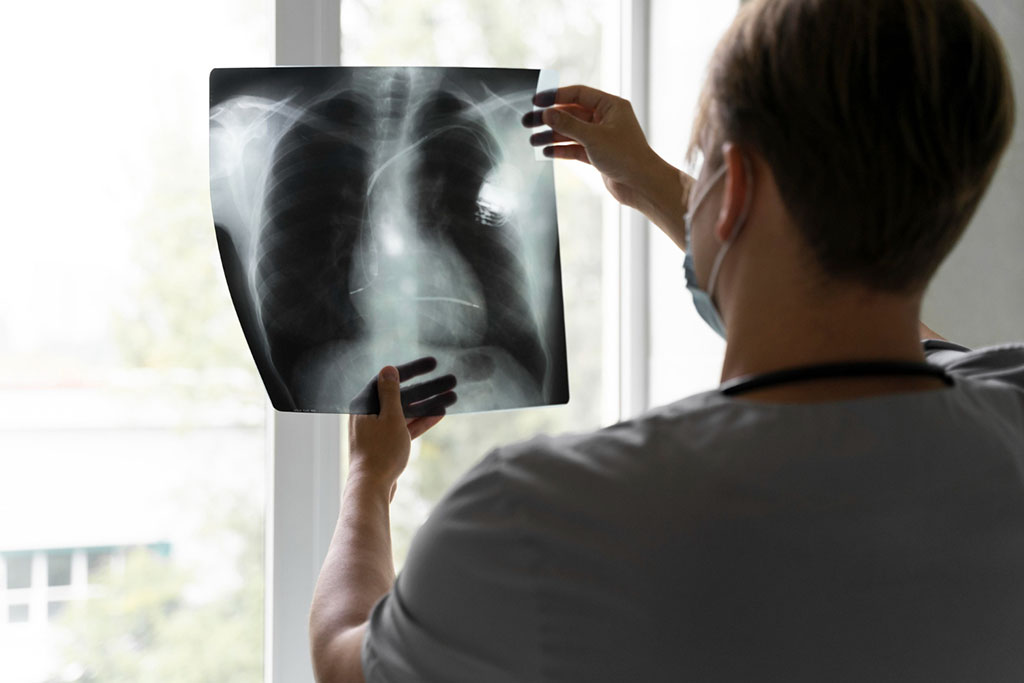Deep Learning Model Accurately Predicts Pneumonia Mortality on Chest X-Rays
Posted on 23 Jun 2023
Chest X-rays are a crucial diagnostic tool for community-acquired pneumonia (CAP), despite their uncertain prognostic value. Now, a deep learning (DL)-based model that utilizes initial chest X-rays has shown potential in accurately predicting 30-day mortality, outperforming the well-established risk prediction tool, the CURB-65 score.
Researchers at Seoul National University (Seoul, Korea) have created a DL model using data from 7,105 patients from one institution, gathered between March 2013 and December 2019. This data was used to form training, validation, and internal testing sets to predict the risk of all-cause mortality within 30 days post-CAP diagnosis using patients' initial chest radiographs. The researchers then evaluated the DL model in two test cohorts: 947 patients diagnosed with CAP during emergency department visits at the original institution between January 2020 and December 2020, and 848 additional patients from two separate institutions from January 2020 to December 2020 and March 2019 to October 2021. The study compared the performance of the DL model with a risk score based on confusion, blood urea nitrogen level, respiratory rate, blood pressure, and age ≥ 65 years (CURB-65 score).

The results demonstrated that the DL model, using initial chest radiographs, could predict 30-day, all-cause mortality in patients with CAP with an area under the curve (AUC) between 0.77 and 0.80 in the different test cohorts. Moreover, the model demonstrated higher specificity (61–69% range) than the CURB-65 score (44–58% range) at the same sensitivity level. Given these results, the researchers suggest that this DL-based model could better assist clinicians in decision-making when managing patients with CAP.
“The deep learning (DL) model may guide clinical decision-making in the management of patients with CAP by identifying high-risk patients who warrant hospitalization and intensive treatment,” said Eui Jin Hwang, MD, PhD, from the Department of Radiology at Seoul National University College of Medicine.
Related Links:
Seoul National University














